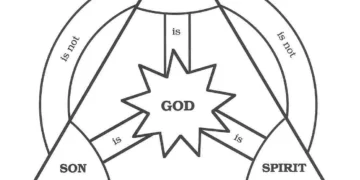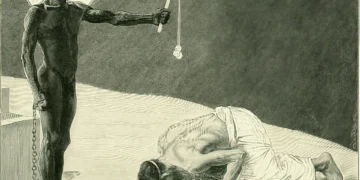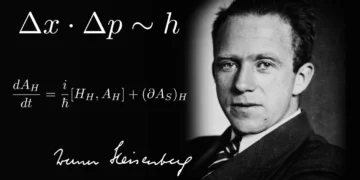In the realm of social and political theory, Karl Marx’s words have resonated through the centuries. One of his well-known statements, calling religion the “opiate for the masses,” remains a subject of debate and discussion. This article aims to provide a nuanced understanding of Marx’s original quote, elucidate its intended meaning, and explore Marx’s broader perspective on religion. Additionally, we will briefly touch on the implications of socialism in the United States, highlighting some arguments against its benefits.
The Origins of the Quote
The phrase “opiate for the masses” is part of a larger quote by Karl Marx from his introduction to the “Critique of Hegel’s Philosophy of Right,” published in 1843. It reads: “Religion is the sigh of the oppressed creature, the heart of a heartless world, and the soul of soulless conditions. It is the opium of the people.”
Religion is the sigh of the oppressed creature, the heart of a heartless world, and the soul of soulless conditions. It is the opium of the people.
Karl Marx’s Intended Meaning
Marx’s metaphorical comparison of religion with opium implies that religion serves as a comfort mechanism for the masses, numbing the pain arising from social injustice and exploitation. By characterizing it as an “opiate,” Marx suggests that religion can create a false sense of contentment, diverting attention from the underlying class struggles, and preventing the oppressed from seeking true social and economic emancipation.
Understanding Marx’s Views on Religion
Marx’s perspective on religion must be examined in the context of his broader critique of capitalism and its effects on society. He considered religion to be a social construct evolving as a response to material conditions. According to Marx, as long as society remains divided into social classes, religion would persist as an ideology that justifies and maintains the existing power structure. He argued that religion acts as a tool of the ruling class to manipulate the proletariat, perpetuating social inequality.
However, it is essential to note that Karl Marx’s criticism of religion was primarily directed toward institutionalized religion under capitalism rather than individuals’ personal beliefs. Marx acknowledged the genuine spiritual needs and experiences of individuals and advocated for a society that would address these needs through broader social transformation.
Socialism and Its Implications for the United States
While Marx’s ideas have influenced political movements around the world, it is pertinent to consider the discussion in the specific context of the United States. Arguments against socialism in the US often center around concerns regarding efficiency, the potential for reduced economic growth, and the erosion of individual freedoms. Detractors assert that a socialist system could hinder innovation, entrepreneurship, and individual initiative.
Furthermore, critics argue that socialism may lead to excessive government control, potentially stifling economic competition and limiting personal freedoms. It is important to note that these concerns are subjective and vary depending on different perspectives, political ideologies, and historical contexts.
Karl Marx Has No Place In USA
Karl Marx’s quotation labeling religion as the “opiate for the masses” should be understood within the context of his broader critique of capitalism. His remark highlights the function of religion as a coping mechanism in a society characterized by social inequalities. Marx’s views on religion were directed at its role in perpetuating the status quo, rather than negating the personal beliefs and spiritual experiences of individuals.
Regarding socialism, its benefits and drawbacks remain topics of debate. Critics argue against socialism’s efficacy in fostering economic growth and preserving individual freedoms, while proponents emphasize the potential for greater social equality and shared prosperity. It is essential to engage in thoughtful and informed dialogue when discussing complex topics such as socialism, considering various perspectives and taking into account specific historical, cultural, and socioeconomic contexts.
















































































